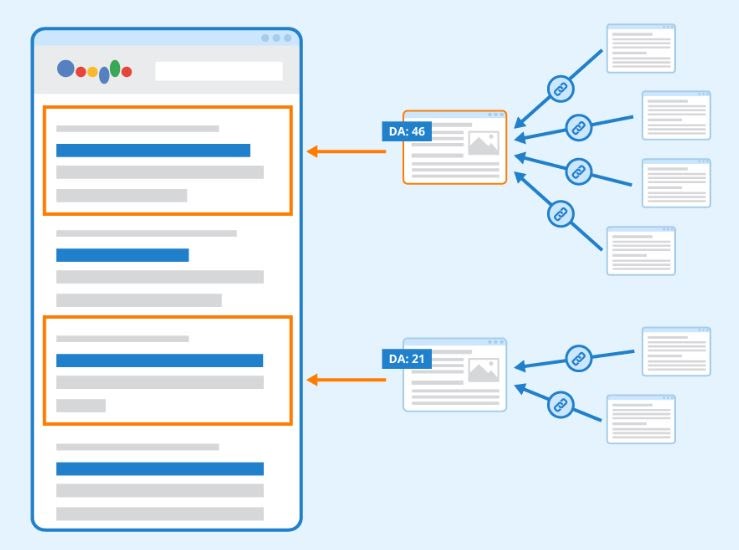In today’s digital landscape, the rapid growth of online content necessitates efficient data management systems. One approach that has gained traction is combining Object-Relational Mapping (orm with rapid url indexer) with a Rapid URL Indexer. This article explores how integrating these two technologies can optimize data handling, enhance performance, and improve accessibility in various applications.
Understanding ORM
Object-Relational Mapping (ORM) is a programming technique that facilitates interaction between object-oriented programming languages and relational databases. It allows developers to manipulate database records as if they were standard objects in their programming language, thereby abstracting the complexity of SQL queries.Benefits of ORM
- Simplified Database Interaction: ORM libraries allow developers to interact with databases using high-level object-oriented code instead of writing complex SQL queries.
- Increased Productivity: With ORM, developers can focus on application logic rather than database schema, leading to faster development cycles.
- Code Reusability: ORM promotes code reuse by allowing developers to define database schemas as classes, making it easier to manage and extend the application.
- Cross-Database Compatibility: Most ORM frameworks support multiple database systems, which enables seamless migration and flexibility in database choice.
What is a Rapid URL Indexer?
A Rapid URL Indexer is a tool designed to quickly catalog and retrieve URLs, allowing users to access web resources efficiently. This indexing technology can be particularly useful for web crawlers, content aggregators, and applications that require real-time access to large datasets.Key Features of a Rapid URL Indexer
- Speed: As the name suggests, a Rapid URL Indexer focuses on fast indexing and retrieval, allowing applications to respond to user queries in real time.
- Scalability: These indexers can handle vast amounts of data, making them suitable for large-scale applications and websites with extensive content.
- Versatile Data Storage: Rapid URL Indexers can store metadata alongside URLs, providing contextual information that enhances data retrieval.
- API Integration: Many URL indexers offer APIs that allow seamless integration with other software components, facilitating a streamlined data workflow.
Combining ORM with Rapid URL Indexer
Integrating ORM with a Rapid URL Indexer can significantly enhance data management and accessibility. Here's how:1. Efficient Data Management
By leveraging ORM to handle database operations, developers can easily manage the URLs stored in their databases. The ORM framework can facilitate CRUD (Create, Read, Update, Delete) operations on URL records, simplifying the data manipulation process.2. Enhanced Query Performance
The Rapid URL Indexer allows for rapid querying of indexed URLs, while ORM can optimize database interactions. This combination can lead to faster response times for user queries, improving the overall user experience.3. Contextual Data Retrieval
By combining the capabilities of ORM and URL indexing, developers can retrieve not just URLs but also associated metadata stored in the database. This context can provide users with richer search results and more relevant information.4. Scalability and Flexibility
The combination allows applications to scale effortlessly as both ORM frameworks and URL indexers are designed to handle large datasets. This means that as an application grows, it can accommodate increasing volumes of URLs without compromising performance.Use Cases
- Content Management Systems (CMS): A CMS can benefit from ORM to manage user-generated content and a Rapid URL Indexer to quickly catalog and retrieve URLs, enhancing the overall content discovery process.
- E-commerce Platforms: E-commerce websites can use ORM to manage product listings while employing a Rapid URL Indexer to facilitate quick searches for products based on user queries.
- Social Media Applications: Social media platforms can leverage this combination to manage user posts and interactions while ensuring fast retrieval of URLs shared among users.


